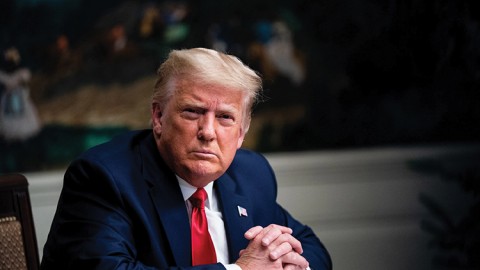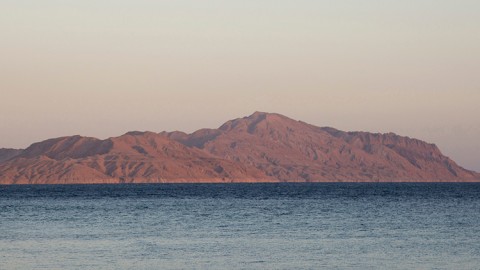Fossil fuels are currently the fundamental backbone that the global economy needs to get its energy and supply high-demand markets, especially with the winter season drawing close. Yet, in the competitive environment that countries have to face, limiting a market’s source of energy to one type has become nothing more than economic suicide. As it has become a key rule to accept diversity and inclusion to succeed, the energy sector must follow the same rule in not just its people, but the types of energy it uses. The relationship between energy diversification and economic growth is indeed complex, something which needs to be carefully fine-tuned as policies according to the conditions of each individual country. It has been found, as many experts would agree, that energy diversity is undoubtedly a catalyst for economic growth.
Yet, long-term economic prosperity would come at a cost, especially in less developed economies. The study titled “Does energy diversification cause an economic slowdown? Evidence from a newly constructed energy diversification index” by Giray Gozgor and Sudharshan Reddy Paramati has found that diversifying the energy mix could limit short-term economic growth, but the long-term economic benefits are essential for the continued survival of increasingly competitive global economy, especially given future price fluctuations and other sources of turmoil that might pose a significant threat when depending on only one source of energy. It says that “energy diversification works against economic development only in the short term. Still, once the countries cross a threshold point in their energy transition period, they begin to realize the positive impact of energy diversification on their economic output. However, the transition is tricky in developing, or low-income countries as these countries are trapped with mostly conventional energy sources, which roughly contribute 90% of their total energy.”
Economic growth can also be stimulated through energy diversification by creating a healthier and more conducive environment that will welcome technological advancement and innovation. Studies have shown that energy diversification has created momentum for even more technological development, leading to even more economic growth in the future.
“Energy diversification can be important in several aspects. Firstly, it promotes productivity by increasing the technology level. Energy still plays a significant role in economic activity (Kanzig, 2021). However, technological change has been the dominant factor in driving economic growth since the 1990s (McMillan and Rodrik, 2011). Thanks to technological progress in energy production, various low-income and developing economies have attempted to diversify their energy sources from fossil fuels to renewables, especially since the 1990s (Gallagher, 2006).”
The drive the diversify energy sources within the economy can also encourage stakeholders and investors to look into enhancing energy efficiency in all types of production. According to the same study, this will be essential for stimulating economic growth since “.., green technologies have played an important role in increasing energy efficiency and reducing carbon emissions. This issue is also in line with the historical developments. Many countries have enjoyed transforming from one energy source to another, e.g., from firewood to coal and coal to fossil fuels (Allen, 2012; Fouquet, 2016; Fouquet and Pearson, 2012; Rubio and Folchi, 2012). Therefore, the historical developments suggest that the transformation from fossil fuels to renewable energy can increase economic performance due to technological improvements.”
Most importantly, having a diverse energy mix gives nations the luxury of shifting gears when it comes to the types. Whenever global oil and gas prices are hopelessly stuck in an irreversible upward trend, a country can easily increase production in renewables to counterbalance. It therefore builds a nation’s immunity to inflation and global energy price fluctuations by offering more alternatives based on its specific conditions. This is especially true in the developing world, as highlighted in Gozgor and Paramati’s study which stated, “Most developing and developed countries have negligible oil and natural gas reserves and production. These countries have to import energy-based products from the rest of the world to use them in the production process. However, energy prices have been highly volatile, especially since the 2000s (Ross, 2012). Therefore, the costs of energy imports can be changed year by year. This issue makes energy-importer countries fragile to uncertainty shocks related to energy prices, energy supplies, and geopolitical issues. Particularly, the concept of energy mix concentration instead of energy diversification is considered an early warning indicator of vulnerability (Rubio-Varas and Mu˜noz-Delgado, 2019).”
Energy diversification will be a hard pill to swallow for many developing economies, especially those that are mainly dependent on traditional sources of energy including oil, gas, and coal. Most certainly, economic slowdowns may take place in the future of these economies, but their long-term outlook will be much better. The energy market will be more immune to all types of tumultuous economic conditions and they can build resilience to the increasing competitiveness in the market. A market that is more agile and more capable of adequately responding to potential threats in the future will eventually have more potential significant long-term economic growth in the future.








